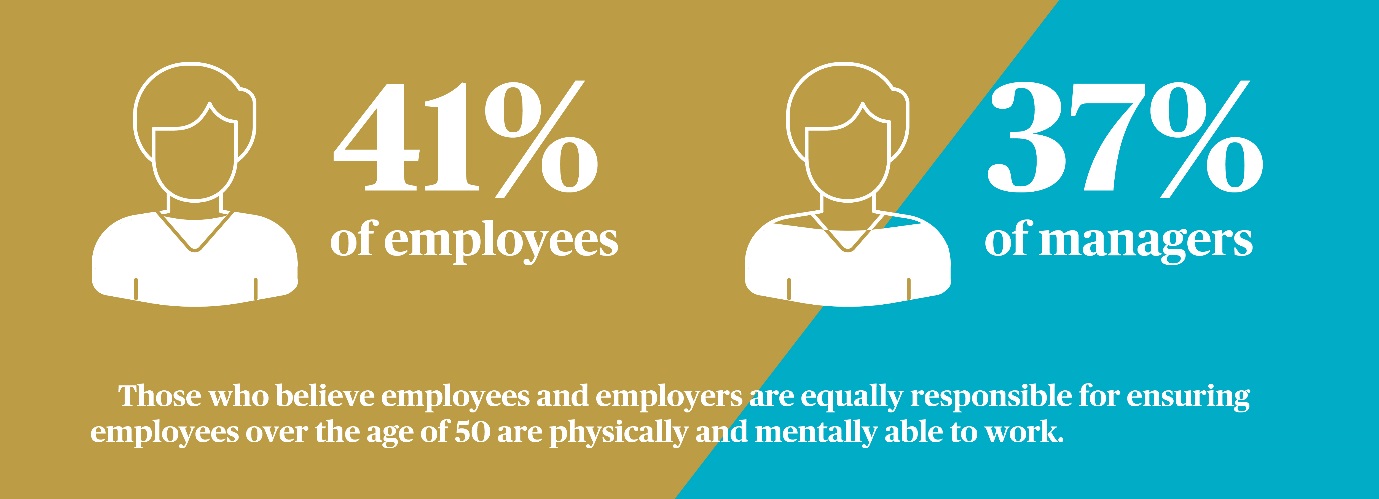Don’t get us wrong; it’s great that more people are having conversations about mental health, particularly at work. (More than half the managers we’ve spoken to say they now feel able to discuss the issue with their employees1.)
But we’re restless and want to build on this progress. To turn the talking into action and take real steps towards making a positive difference to those living with mental health issues.
Would you find it easier to tell your boss you need time off because you’ve broken your leg, or because you’re suffering from stress? Or because you’re recovering from surgery, or dealing with depression?
The unhappy truth is, there’s still a gulf between how physical and mental health illnesses are regarded – particularly in the workplace. And tackling it is unlikely to happen unless employers and the Government work together. And that’s where our white paper comes in.
In particular, it highlights:
- the value of spotting the signs early and taking appropriate action (requiring more training and support for line managers)
- the need to foster a culture of understanding (since we found over a fifth of employees diagnosed with a mental health related condition were afraid that discussing them with their employer would harm their career prospects)
- the importance of having policies and procedures in place to support and help employees affected by mental illness to stay in or return to work
It’s very much in the interest of employers to do so. This is because it’s estimated that mental ill health accounts for 16 million sick days per year2, in addition to the effects on performance at work. Mental illness in England alone costs £105 billion3.

For us, the priority has to be people’s wellbeing. It’s for them we keep pushing for progress. Fundamentally, we recognise that a debilitating stigma remains around mental ill health. And that can’t be right. What is right is trying to overcome the prejudice so that those affected by it are treated fairly and properly supported at work.
It’s good to talk. But it’s even better to bring about real change.
1 AXA research results compiled from surveys conducted by OnePoll between February 2015 and January 2016. 52% of managers at organisations with 250+ employees said they know where to direct employees that need support to manage their mental health, and would feel comfortable talking to them about it.
2 ONS, Sickness Absence in the Labour Market (February 2014)
3 Centre for Mental Health, The Economic and Social Costs of Mental Health Problems (October 2010)






